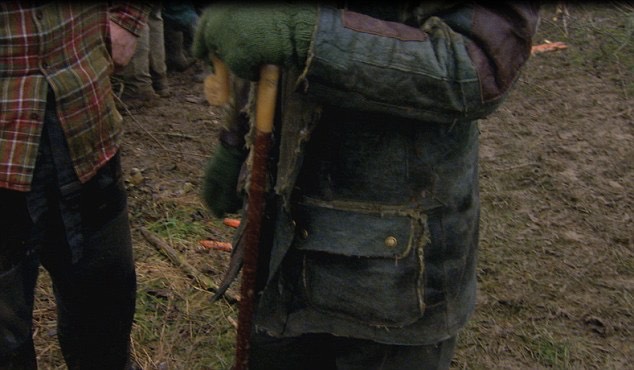Parable Of The Patch And Wine Skins Scripture
Jesus, during the Last Supper, spoke of a new covenant, which is indeed new and not merely an improved extension of the old. () In the same way, after the supper he took the cup, saying, 'This cup is the new covenant in my blood, which is poured out for you. How is the new covenant different from the old? The new covenant is a once-and-for-all sacrifice of sin while the old covenant requires repeated sacrifice of sins. When Jesus spoke of the new covenant, He was referring to His blood as shed for the forgiveness of our sins in place of the old covenant which simply uses the blood of animals. (Mat 26:28) This is my blood of the covenant, which is poured out for many for the forgiveness of sins. The big difference between this blood sacrifice and the one in the old covenant is that it is only offered once for our sins.
The old covenant requires repeated sacrifice of sin and shedding of blood before God would forgive the people of their sins. When Christ died for our sins, He paid for its debt and satisfied God's divine justice completely. There is no need for us to continually offer sacrifices for our sins by punishing ourselves.


Question: 'What is the meaning of the parables of fasting at the wedding feast, the old cloth, and the wineskins?' Answer: These parables, found in Mark 2:18-22, begin with a statement that the Pharisees and the disciples of John the Baptist were fasting. The twice-weekly fast was a tradition adopted by the legalistic Pharisees at the time, even though the Mosaic Law prescribed only one fast on the Day of Atonement (Leviticus 16:29, 31). Some people came to Jesus and asked Him why His disciples did not fast like the Pharisees and those of John’s disciples who had remained loyal to the Pharisaic traditions. Jesus’ response is given in three short parables. The first one is a parable of a bridegroom with his groomsmen at a wedding feast. The Carter 3 Rapidshare Download Search there.
Part of an e-mail Bible study on the Gospel. He told them this parable: 'No one tears a patch from a new garment and sews it on. New Wine in Old Wineskins.
Jesus’ point is that fasting during the wedding feast is pointless. In this story Jesus is the Bridegroom, and while He is present in this world, it is a time of celebration because He is the fulfillment of their Messianic prophecies. Jesus Himself said that He came to fulfill the law (Matthew 5:17). To continue fasting with Jesus present is akin to fasting and being mournful during a wedding celebration in which the groom is present. The other two parables, which are similar, make the same point. The first one says you don’t put a new patch on an old garment, and the second says you don’t put new wine into an old wineskin.